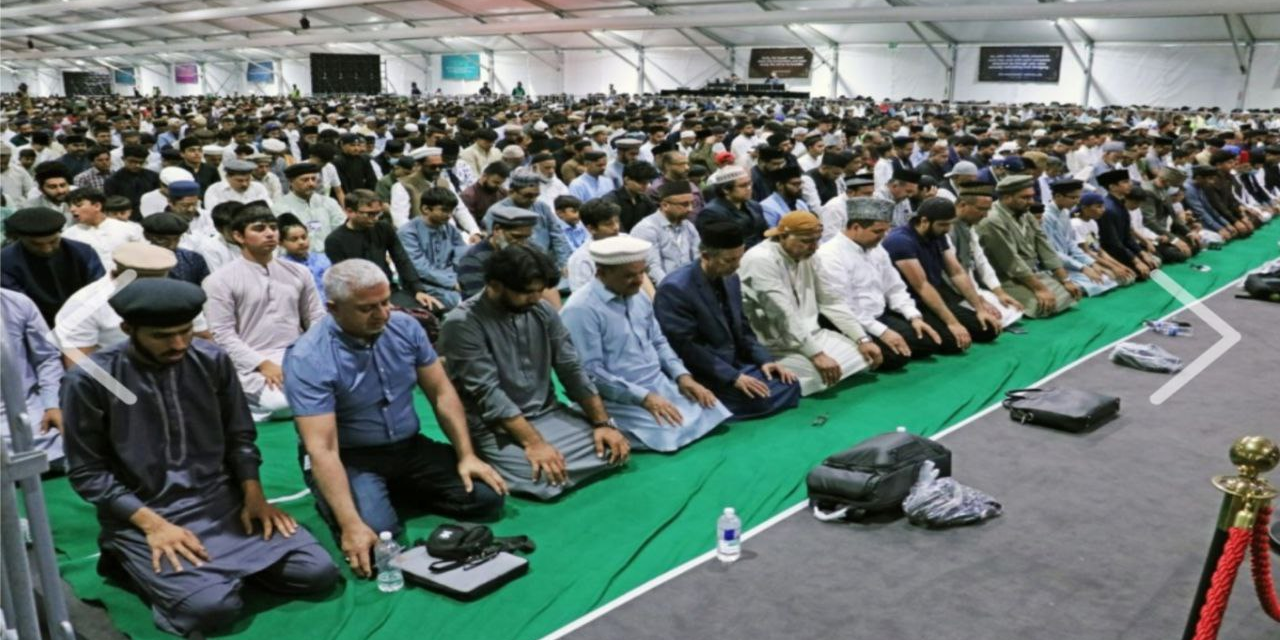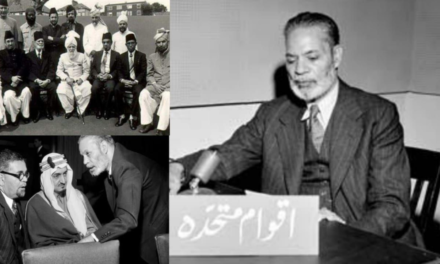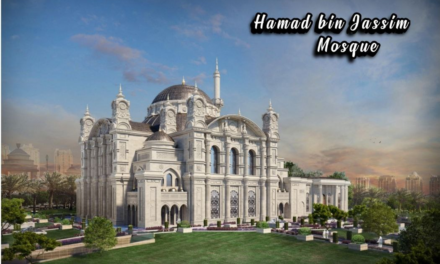The Jalsa Salana, or annual gathering of the Ahmadiyya Community, has become a contentious issue in Canada, raising significant concerns among local residents. While the event is promoted as a spiritual and community-building occasion, its implications for surrounding neighborhoods are increasingly under scrutiny.Every year, the Jamaat Ahmadiyya invests millions in organizing the Jalsa Salana, drawing thousands of participants. However, many locals question the true benefits of this event, suggesting that it primarily serves the financial interests of the Mirza family and the community’s leadership, rather than offering any substantial advantages to the residents of the host city.The Bradford Council recently denied the Jamaat (AMJ) Canada’s application to host the Jalsa Salana in 2025, citing significant concerns from residents and council members about traffic congestion, road safety, and infrastructure limitations. Many councilors argued that rural roads are unsuitable for large conventions and suggested more appropriate venues, such as convention centers. Additionally, the noise disturbances from the gathering disrupt residents’ daily lives, and traffic congestion complicates local navigation. Reports of illegal activities, including unauthorized mobile towers and underground water pipelines, further highlight the community’s disregard for local regulations.The council’s decision to oppose the Jalsa Salana underscores the widening rift between the Ahmadiyya community and local residents. While the community claims the right to assemble and celebrate its beliefs, it must also confront the realities of its impact on those who live nearby. This situation serves as a reminder of the complexities that arise when cultural events intersect with community rights, and the need for a balance that respects both. Such events should take place in religious centers to avoid disturbance for local residents.
The Jalsa Salana: Controversy Surrounding the Ahmadiyya Annual Gathering in Canada






Recent Comments